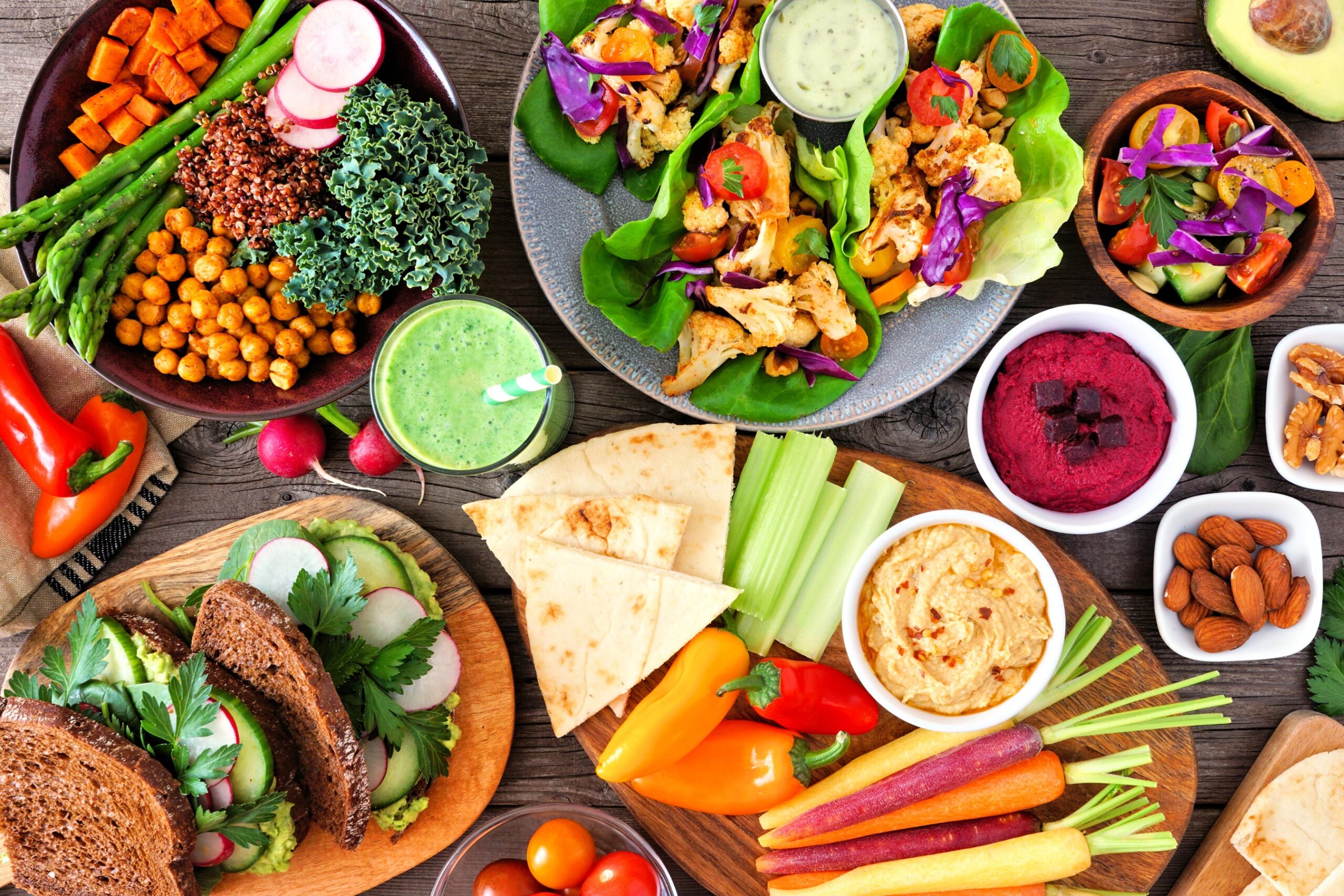
The relationship between what we eat and our risk of developing cancer has never been more scrutinized or better understood. As researchers continue to uncover the protective properties of plant-based foods, one compelling statistic has emerged from recent studies: nearly 25% of cancer cases could potentially be prevented through optimal nutrition alone. But what does this mean for your daily food choices, and how powerful is the plant-based approach to cancer prevention?
The Science Behind Plant-Based Protection
Recent meta-analyses and systematic reviews have provided compelling evidence for the cancer-protective effects of plant-based diets. A comprehensive 2024 study published in Frontiers in Nutrition found that plant-based dietary patterns can reduce cancer mortality by 12% compared to more animal-heavy diets. While this represents the mortality reduction rather than prevention, it underscores the significant impact dietary choices can have on cancer outcomes.
The evidence extends beyond mortality to cancer prevention itself. Research consistently shows an inverse association between plant-based diets and overall cancer risk. This means that as plant food consumption increases, cancer risk tends to decrease across multiple cancer types.
Understanding the 25% Figure
The frequently cited 25% cancer prevention statistic comes from research examining the broader impact of nutrition on cancer development. According to recent findings from the University of Connecticut, nearly 25% of overall cancer cases could be prevented with diet and nutrition improvements alone. This figure represents the potential impact of optimal nutrition patterns rather than simply switching to plant-based eating, though plant foods play a central role in these protective dietary patterns.
Interestingly, specific benefits have been documented for certain cancer types. For example, young women who consumed the most fiber-rich diets (a hallmark of plant-based eating) were 25% less likely to develop breast cancer later in life. Similarly, a 2024 study found that men with localized prostate cancer who ate primarily plant-based diets had a 47% lower risk of cancer progression compared to those consuming the most animal products.
The Protective Mechanisms of Plant Foods

Plant-based foods offer multiple layers of protection against cancer through several biological mechanisms:
Fiber Power: Plant foods are naturally high in fiber, which research shows can reduce cancer risk and help regulate insulin levels. Each 10-gram increase in daily fiber intake is associated with measurable reductions in cancer risk across multiple types.
Antioxidant Arsenal: Fruits and vegetables contain powerful antioxidants that help neutralize harmful free radicals in the body. These compounds work to prevent the cellular damage that can lead to cancer development.
Phytochemical Protection: Plants produce thousands of bioactive compounds called phytochemicals that have been shown to have anti-cancer properties. These natural chemicals can help inhibit tumor growth, reduce inflammation, and support the body’s natural detoxification processes.
Weight Management: Plant-based diets are often associated with healthier body weights, and maintaining a healthy weight is a key factor in reducing cancer risk across multiple types.
What the Research Shows for Specific Cancers
The evidence for plant-based protection varies by cancer type, but several areas show particularly strong associations:
Colorectal Cancer: Higher intake of whole grains and fiber has been consistently associated with better outcomes and reduced risk of colorectal cancer.
Breast Cancer: Increased fruit and vegetable consumption is linked to improved survival rates and reduced risk, particularly when fiber intake is high during younger years.
Prostate Cancer: Recent research demonstrates significant benefits, with primarily plant-based diets associated with dramatically reduced progression risk in men with localized disease.
Overall Cancer Mortality: Meta-analyses show that plant-based dietary patterns are associated with reduced cancer mortality across cancer types.
Beyond Prevention: Plant Foods and Cancer Survival
The benefits of plant-based eating extend beyond prevention to cancer survival and recovery. Research indicates that higher intake of plant-based foods is associated with improved prognosis in cancer survivors. This suggests that even after a cancer diagnosis, shifting toward more plant-centered eating patterns can provide meaningful health benefits.
For long-term cancer survivors, who represent a growing portion of the population, plant-based foods may enhance prevention of cancer recurrence and support overall health during recovery and beyond.
The Standard American Diet Problem
Part of what makes plant-based diets so protective may be what they replace. The Standard American Diet, typically high in calories, red meat, high-fat dairy products, heavily processed foods, refined carbohydrates, added sugars, and salt, creates a stark contrast to the nutrient-dense, fiber-rich profile of plant-based eating patterns.
This dietary shift represents more than just adding vegetables; it’s about fundamentally changing the nutritional landscape of daily eating to support the body’s natural protective mechanisms.
Making the Plant-Based Shift
The research doesn’t necessarily indicate that everyone must become vegetarian or vegan to gain cancer protection. Instead, it suggests that increasing the proportion of plant foods in your diet while reducing processed foods and excessive animal products can provide significant benefits.
Key strategies include:
- Filling half your plate with vegetables and fruits at most meals
- Choosing whole grains over refined carbohydrates
- Incorporating legumes, nuts, and seeds as protein sources
- Reducing consumption of processed meats and limiting red meat
- Choosing a variety of colorful plant foods to maximize phytochemical intake
The Bigger Picture
While the idea of reducing cancer risk by 25% through dietary changes is compelling, it’s important to understand that this figure represents the combined effect of optimal nutrition patterns rather than a guarantee from any single dietary change. Cancer is a complex disease influenced by genetics, environment, lifestyle factors, and luck.
However, the accumulating evidence strongly suggests that what we choose to eat matters significantly for cancer risk. Plant-based diets offer a practical, accessible way to harness the protective power of nutrition, with benefits extending far beyond cancer prevention to include cardiovascular health, diabetes prevention, and overall longevity.
Taking Action
The message from current research is clear: plants pack powerful protective potential against cancer. While no diet can guarantee cancer prevention, the evidence strongly supports increasing plant food consumption as part of a comprehensive approach to health and disease prevention.
Whether you choose to adopt a fully plant-based diet or simply increase the plant foods in your current eating pattern, you’re taking a step supported by robust scientific evidence. Remember that meaningful dietary changes often happen gradually, and even small shifts toward more plant-centered eating can contribute to your long-term health and cancer prevention goals.
The power of plants is real, measurable, and within your control. In a world where so many factors affecting cancer risk feel beyond our influence, our daily food choices represent a powerful tool for protection that we can wield three times a day, every day.
Absolutely brilliant. Thank you for this.